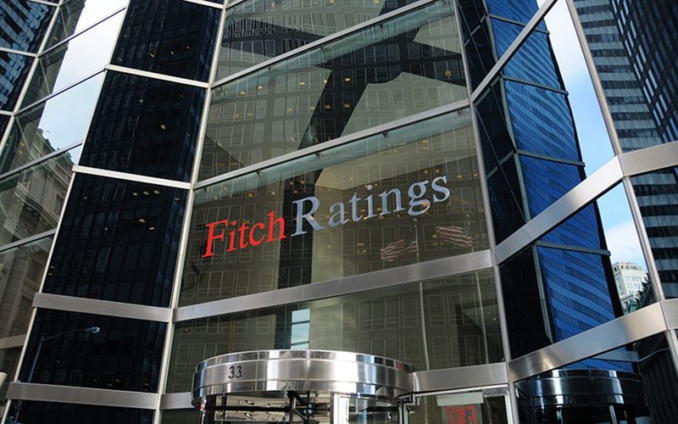Saudi Arabia raised on Saturday the official selling prices (OSPs) for its crude in December to all customers by much more than traders and refiners had expected, suggesting that the world’s largest oil exporter believes the market will continue to tighten.
Saudi Aramco hiked the price of its flagship Arab Light crude grade to Asia for December by $1.40 per barrel to a premium of $2.70 a barrel over the Oman/Dubai average, the benchmark off which Middle East’s crude exports to Asia are being priced.
The $1.40-per-barrel price hike for the world’s most important oil-importing market was much higher than analysts and refiners had expected.
A Reuters survey showed at the end of October that traders expected the Saudis to raise the price of Arab Light for Asia in December by between $0.30 and $0.90 a barrel over the $1.30 per barrel premium to the Oman/Dubai average for November.
According to Bloomberg estimates, the Saudi price hike for December was the second-highest monthly increase in OSP for Arab Light to Asia in 20 years, excluding the March-early April 2020 price war with Russia.
“The price increments are much higher than market expectations and give a bullish signal on supply tightness,” ING strategists Warren Patterson and Wenyu Yao said on Monday.
“OPEC’s steady approach on the output increments at 400Mbbls/d per month and stronger oil demand in global markets appears to have contributed to the increase in prices,” the strategists added.
Saudi Arabia also raised the prices for all its crude grades to all regions, including the heavy crudes to Asia, despite weaker fuel oil margins there.
“It just tells you that Saudi is very bullish and they also think that the market is very tight and that’s why they dare to hike prices so much,” a trader based in Singapore told Reuters.
Saudi Arabia generally sets the pricing trend for Middle Eastern crude from other major exporters such as Kuwait and Iraq.
The large increase in prices from the Saudis came two days after the OPEC+ alliance defied calls from the U.S. Administration to boost supply more and decided to continue easing the collective oil production cuts by just 400,000 barrels per day next month.
















